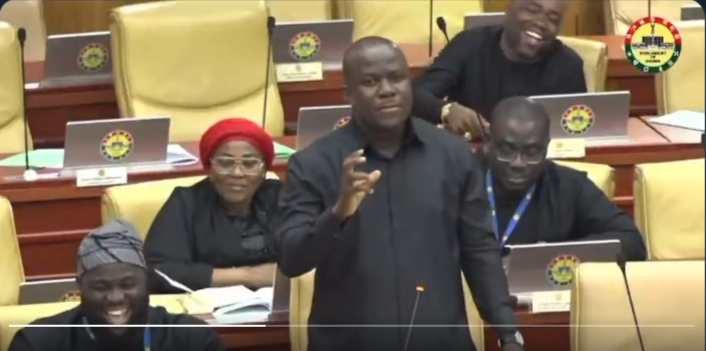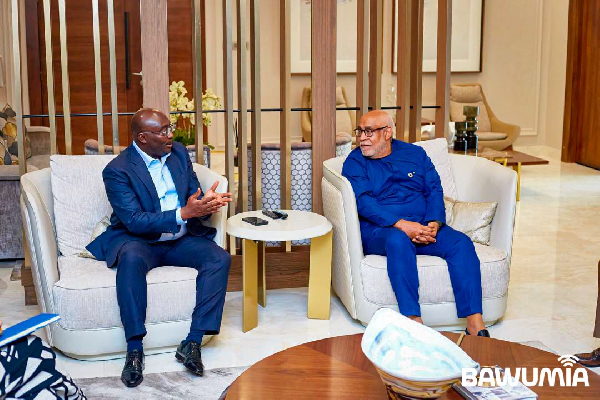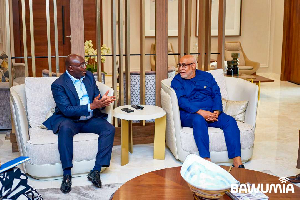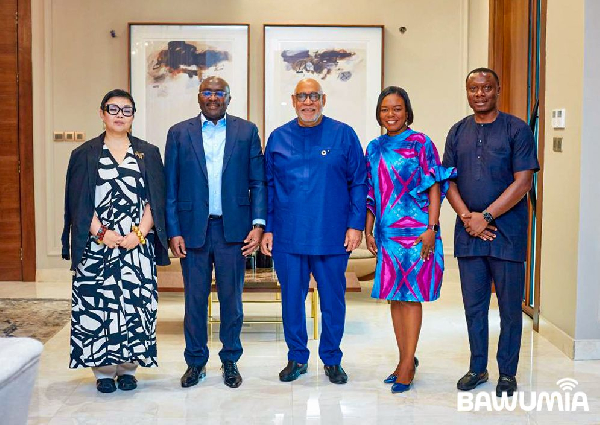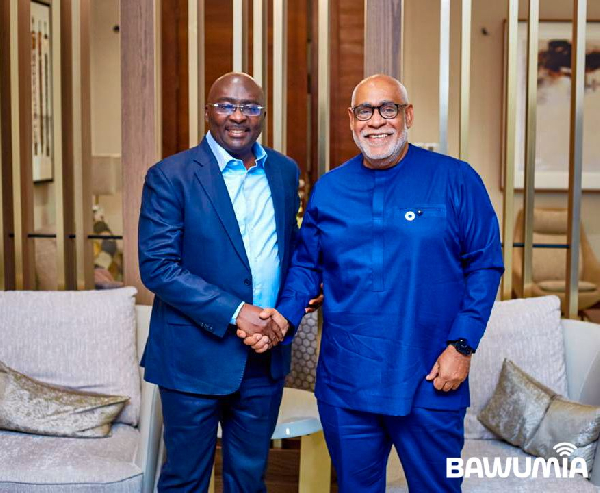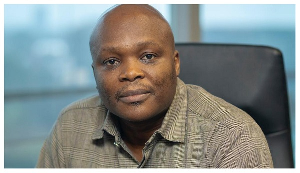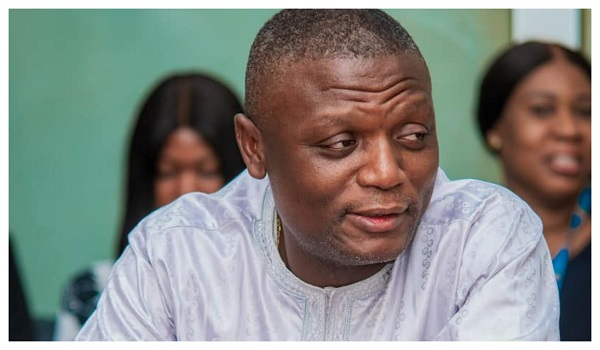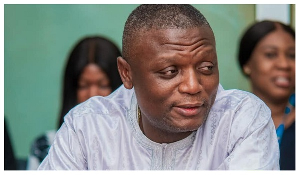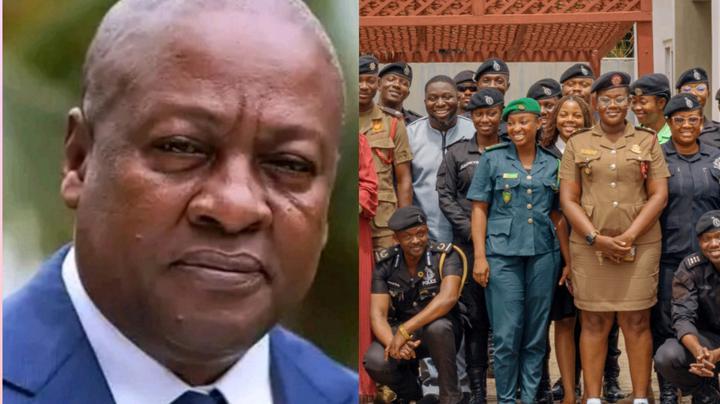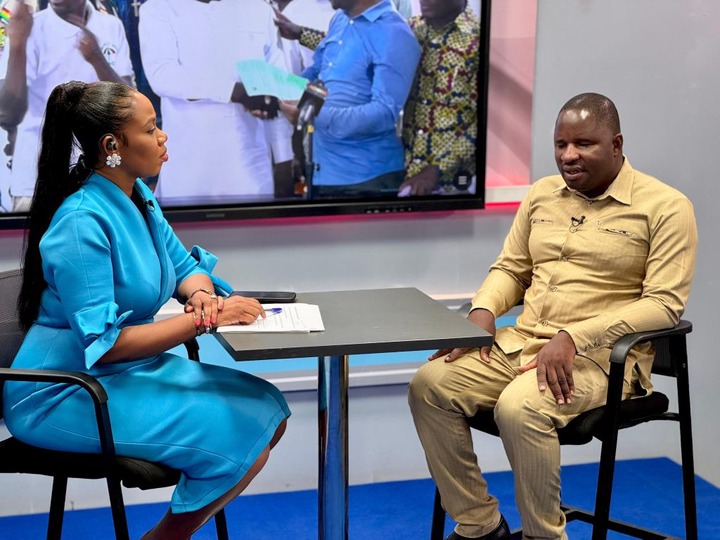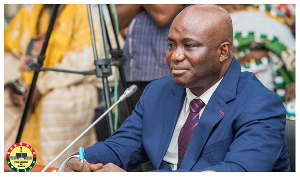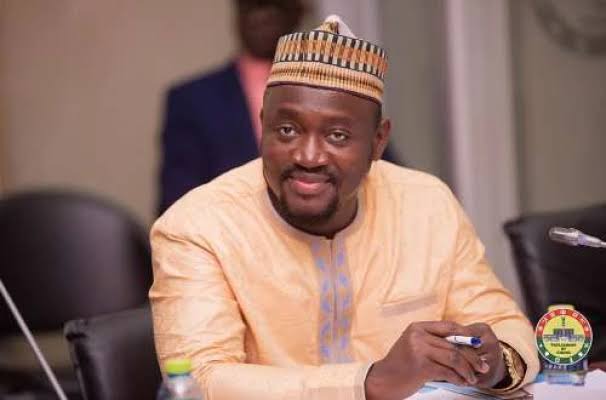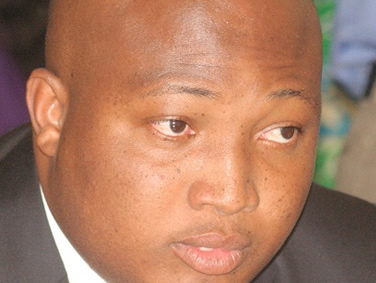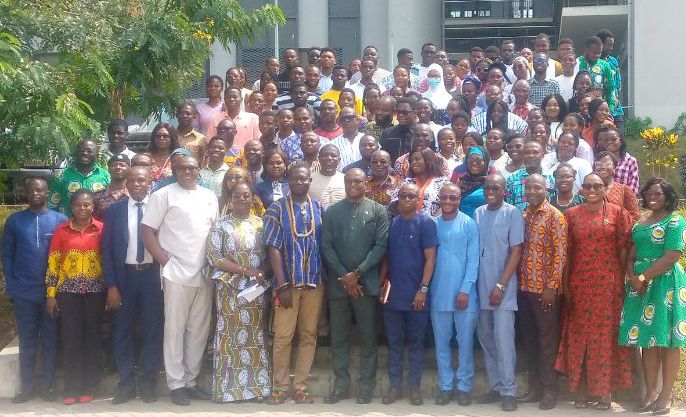It is no secret that Ghana has one of the most enduring democracies in Africa, a feat which has not been easy to carve out, save for the consistent resolution of tensions that undergird the design of its democratic institutions. This practice, though some believe in recent times has been on the decline, a quick scan of social and traditional media, as well as recent challenges of decisions of the Legislature, Executive and even the Judiciary, perhaps gives one a different conclusion – the more we engage, the more we improve our institutional design and architecture. After all, it has been the year of institutionalists in governance and prosperity.
In this spirit, the President – H.E. John Dramani Mahama as part of his constitutionally mandated duties upon assumption of office, nominated former Deputy Governor of the Bank of Ghana – Dr. Johnson Asiama, as the next governor of the Central Bank. This nomination was made on January 31, 2025, and on the same day the now former governor Dr. Ernest Addition was reported to be proceeding on leave effectively February 3, 2025 pending his retirement at the end of March 2025. It was widely reported on February 4, 2025, that Dr. Asiama had resumed duties, and the Minority in Parliament took exceptions
to this action, effectively challenging the basis upon which the appointed governor had resumed office without having been approved by the Council of State. Writing through the Minority leader, they indicate that, Dr. Asiama should “…refrain from engaging in official duties at the Bank of Ghana until he is duly approved by the Council of State…”, but go
further to suggest he could “…seek necessary briefings outside formal assumption of office.”
It is respectfully submitted that this view urged on the President and by extension Ghanaians by the Minority is inaccurate and perhaps the process may be more nuanced, for reasons articulated below.
Does the appointment of the Bank of Ghana governor require approval of the Council of State?
Pursuant to Article 183(4) (a) of the Constitution of Ghana, 1992, the Governor of the Bank of Ghana is to be “…appointed by the President acting in consultation with the Council of State for period of four years each…”. His appointment is subject to Article 285, in fulfillment of the obligations in Article 183(4)(b), such that a person who is so appointed as governor who subsequently will chair the board, cannot also be in service of the Bank of Ghana, at the time such an appointment is made. This process is further fortified by Section 17(1)(b) of the Bank of Ghana Act, 2002 (ACT 612), as amended by Bank of Ghana (Amendment) Act, 2016 (ACT918), which provides for the governor and deputy governors to be appointed by the President acting in consultation with the Council of State. It is very clear and unambiguous that both the Constitution 1992, and ACT of Parliament for the institution, admit of no approval from the Council of State regarding this appointment. To make such a claim, is not only misleading, but completely foists on the Council of State a power that is not so conferred by law. We certainly do not want to build our institutions outside the scope of what is legally permissible by the Constitution.
Perhaps the Minority may have read consultation to mean approval of the Council of State. This is evident in the comparison made by the Minority leader when given the opportunity to clarify the position, regarding the appointment of Justices of the Supreme Court. It is respectfully submitted that, the requirements at law do not belong to the same domain.
Article 144(2) of the Constitution 1992, which deals with the appointment of Supreme Court Justices, provides that they “…shall be appointed by the President acting on the advice of the Judicial Council, in consultation with the Council of State and with the approval of Parliament…” It is the case that, the commonality in the two processes is a consultation with the Council of State, but in the case of the Supreme Court Justices, there is a requirement for the President to act on an advice by the Judicial Council on the appointment, and an approval by Parliament – note that Parliament has veto power over this process. In the absence of these elements, a Supreme Court Justice is not so appointed.
It is easy to see how the Minority may confuse these two processes, perhaps in a preference for the more robust process held by the Supreme Court in cases such as Emmanuel Noble Kor v. The Attorney General and Justice Delali Duose and Ghana Bar Association & Ors v. The Attorney General & Judicial Council and supervision over the appointment of the Bank of Ghana governor. But the Minority certainly cannot be misreading the intent of the lawmaker who from an objective standpoint, did not provide these additional requirements to the appointment of the Governor of Bank of Ghana. Indeed, it is trite law that if the lawmaker wanted these requirements to be added to the process of appointing the Governor,
the law maker will expressly say so.
What does it mean for the Council of State to be consulted in appointments made by the President?
This question has rather been dealt with by the Supreme Court quite definitively.
Consultation simply means consultation, and the Court has held in a legion of cases that such consultations do not mature to become binding advice given to the President.
Indeed, this has been clarified to specifically mean, “…ask the advice of, to consider, consult with someone, to have discussions with them…” in the aforementioned cases. Again, these do not invite of any binding obligations to negate the decision of the appointment if the Council of State holds a contrary view to that of the President during such consultations. Thus, the claim by the Minority to the effect that some grave mishap may occasion, if the appointed governor continues in his duties and the Council of State rejects his nomination, respectfully does not find an anchor in the legal framework for such an appointment. The President does not share this privilege with anyone under the Constitution, not even Parliament.
Does the non-binding nature of the advice from the Council of State operate to suggest that the President can appoint the governor, without prior consultation with the Council of State?
As shown, such an action will fly in the face of a constitutional requirement, and same will likely be declared an unconstitutional act pursuant to Article 2(1) of the Constitution, 1992.
In effect, the President must necessarily consult with the Council of State, but is not bound by what they advise regarding the appointment. It is also the case that, the President may indirectly have significant influence over the Council of State given that, following Article 89 of the Constitution, 1992, he appoints an overwhelming majority of the members on the Council. This is not to suggest that the Council may not be independent or not render cogent advice to the President, far from it. It is simply to demonstrate that the President may have credible members whose advice he can rely on, while simultaneously the council as well may for all intents and purposes agree and align with the President on nominations of candidates for specific positions. They are more likely to agree, than not.
Where does the absence of the Council of State leave the appointment powers of the President?
Having been inaugurated on January 7, 2025, it is easy to understand that the President is currently assembling officials in accordance with the constitution to run the affairs of government, and this will take time. The Council of State is no exception in this regard. The composition of the Council of State as provided in Article 89(1) requires an elaborate membership, some requiring the electoral commission to organize elections for regional representatives. Public records indicate that the Electoral Commission opened nominations for eligible candidates on January 23, 2025, a process which closed on January 31, 2025 according to the calendar publicized. The elections are expected to be held on February 11, 2025. Clearly the Council is not in place. Does this gap, then imply that until and unless the Council of State is in place, for it to be consulted, the President cannot make any appointments that require such consultation? Maybe one may be tempted to take a view that admits of such an interpretation, but should what appear to be a procedural requirement given the overwhelming influence the President has in the appointment and consultation process, operate to bar, an appointment to cure a gap in the leadership of an important institution like Bank of Ghana?
It is humbly submitted that, the law admits of no such rigid interpretation which perhaps may put form over substance in governance. An alternative view will be a point further advanced by the Minority leader to the effect that, the deputy governors can act in the stead of the governor who left office, to uphold the fidelity of the appointment process ‘rigidly’. There is some validity to that argument as Section 20(2) of the Bank of Ghana Act, 2002 (ACT 612), as amended by Bank of Ghana (Amendment) Act, 2016 (ACT918), provides that in the absence of the Governor, the First Deputy Governor shall have authority to perform the functions of the Governor and in the absence of both the Governor and the First Deputy Governor, the Second Deputy Governor shall have the authority to perform the functions of the Governor. But then the counter argument will be, what does it mean for the Deputy to act in the absence of the Governor? Does it mean there is a substantive Governor who is merely indisposed, or a gap such as that which has occasioned this current debate where there is no substantive Governor?
Certainly, the inclination should be towards the former rather than the latter, as the latter requires a substantive constitutional mandate on the President which only the President can perform – appointing another Governor. It is important to note that Section 20(2) of the Bank of Ghana Act, 2002 (ACT 612) does not say the First Deputy shall become the Governor in his absence, he retains the functional responsibilities in addition to his own duties. For how long can this continue, while other processes which lay outside of the control of the President dictate the constitution of the Council of State? The argument can be made that it can take as long as possible. It is humbly submitted that, such a position will not be efficient and pragmatic, due to the overwhelming power in the appointment process, vested in the President by law.
At any rate, the notice of appointment of the Governor did indicate the pendency of the consultation with the Council of State. The consultation in this instance based on the above powers of the President, appears ‘cosmetic’, and as such should not operate to bar the appointed Governor from undertaking the substantive duties under the law, as suggested by the Minority in Parliament. It is even precarious for the Minority to suggest that the governor should not resume official duties under which he has obligations and can be held accountable for actions during this period, but can go ahead and have briefings with staff until the consultation with the Council of State happens. Under what authority does the Minority purport such briefings to be held? Same ‘you have been appointed as governor pending consultations’? It is better for the Minority to insist on principle that baring the consultation with the Council of State, the Governor cannot commence official duties. But this will only lead to absurd implications for governance. The principle will simply mean that,
no official whose appointment requires consultation with the Council of State, can be appointed to even an acting capacity during the period when the Council has not been properly constituted. This is not practical, and such a view may not accord well with our democratic dispensation, and Constitution. Some have argued for the Supreme Court’s original jurisdiction to be invoked on this point. It is poignant to indicate that, they may likely decline jurisdiction this matter for the following fundamental reasons
(i) there is no ambiguity in the Constitutional provisions on the appointment processes and;
(ii) the Court despite having declared that political question doctrine does not apply in the Ghanaian constitutional jurisprudence, may not want to prescribe how the President should exercise a power that the Constitution has clearly reposed in him, and he has exercised same subject to the exigencies at play at the time.
(iii) even if for the purposes of ‘rigid’ application of the law – which the Court has consistently indicated, it prefers an interpretation and enforcement of the Constitution that admits of progress and development, it is hard to see how the policy rationale of filling the position of the governor during this pendency period will be rejected and sacrificed.
However, such a test, as indicated from the outsets of this brief is how our institutions have developed and perhaps, the Minority may explore the same.
In conclusion, the appointment of the Bank of Ghana governor by the President, pending consultation with the Council of State, is constitutionally sound and does not undermine the role of the Council of State in this particular appointment process. The Constitution and relevant Statutes clearly vest the power of appointment in the President, with consultation being a procedural step at law, but ‘cosmetic’ in substance, in this instance. The absence of a fully constituted Council of State should not impede the President’s ability to fill critical leadership roles, especially in institutions as vital as the Bank of Ghana. While the Minority’s concerns highlight the importance of adhering to due process, their interpretation risks creating unnecessary delays and inefficiencies in the governance. The appointed Governor’s assumption of duties, even during the pendency of consultations, aligns with the pragmatic application of constitutional provisions and ensures continuity in the Bank’s operations, while crucially ensuring that the Governor can be held accountable for any actions undertaken during this period as opposed to the proposition by the Minority. This approach balances legal fidelity with the practical demands of governance, reinforcing Ghana’s democratic institutions while maintaining the integrity of its constitutional framework.
Source:
Patrick Stephenson |
[email protected] | Mob: +233243336819


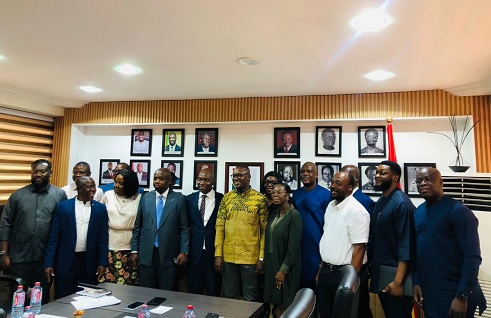
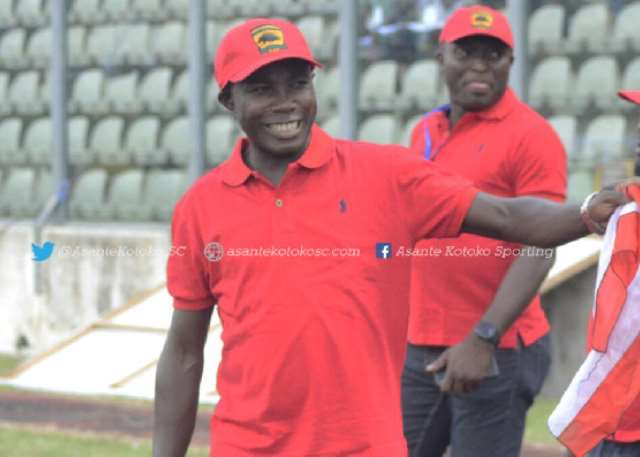


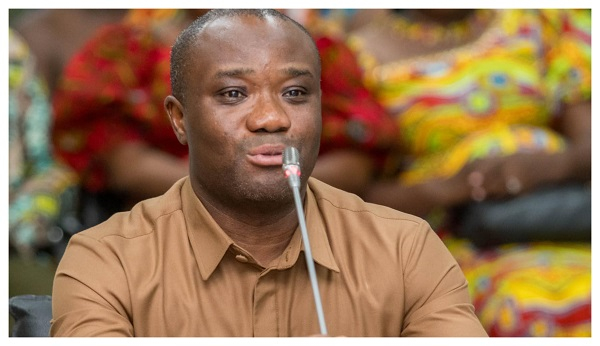
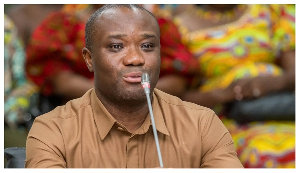
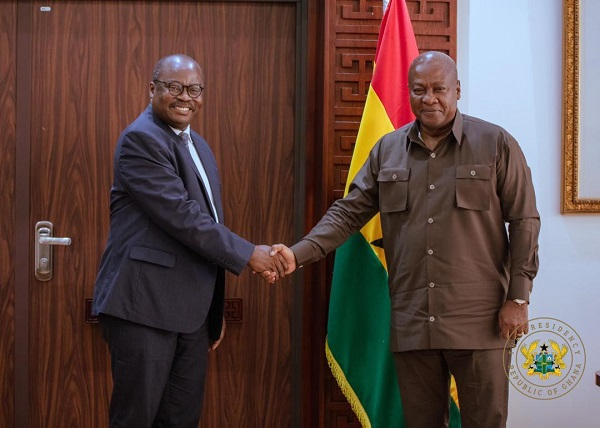
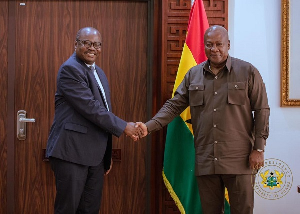
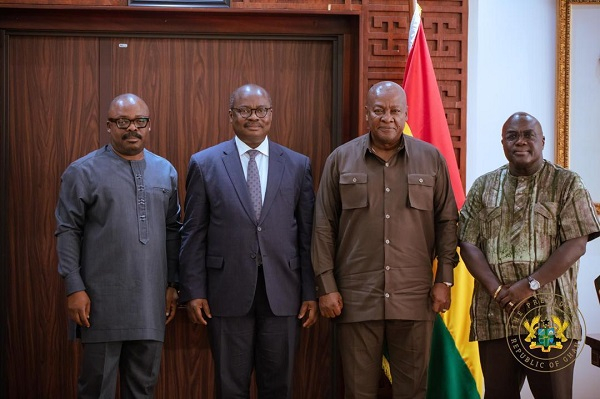
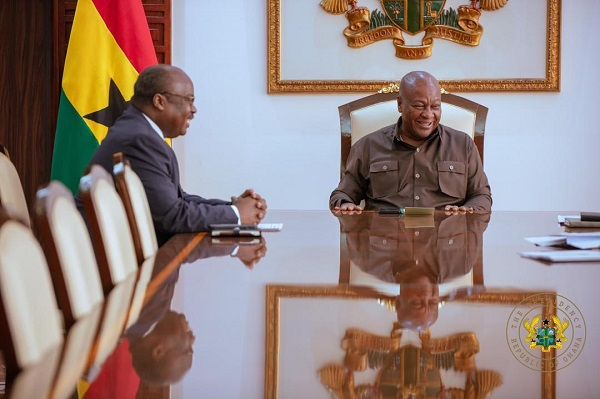
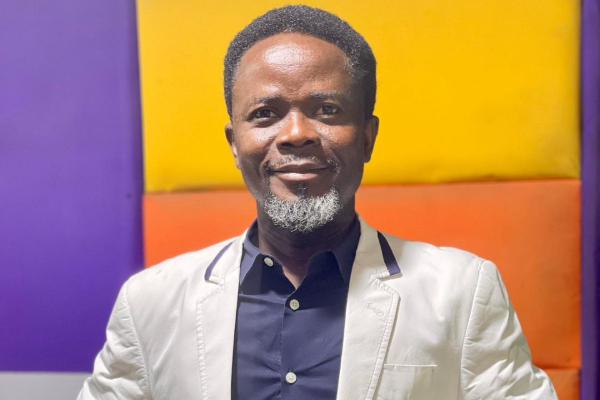

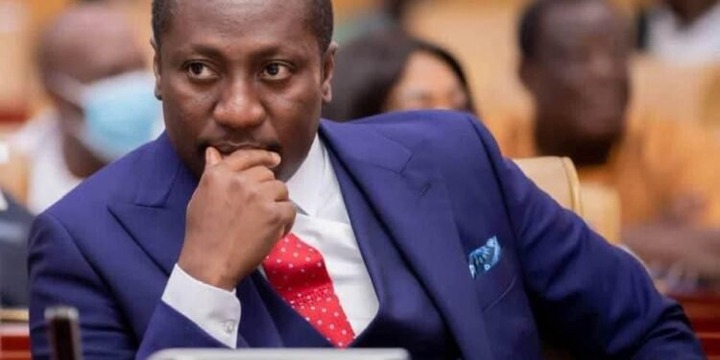
![Can an appointed BoG Governor begin official duties pending confirmation? [Article] Can an appointed BoG Governor begin official duties pending confirmation? [Article]](https://www.ghanamma.com/wp-content/uploads/2025/01/Dr.-Johnson-Pandit-Asiama.jpg)
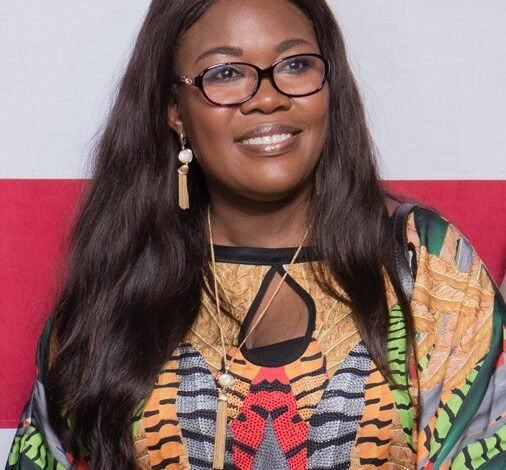

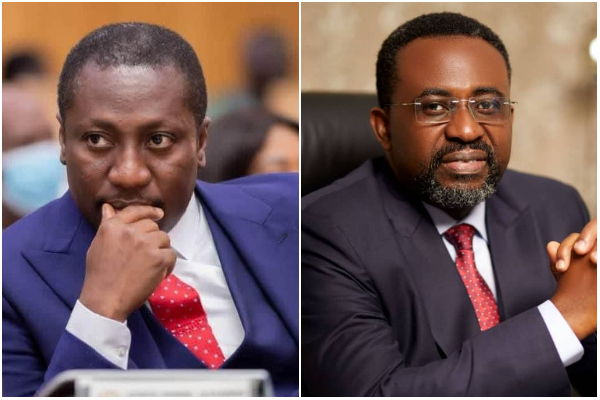
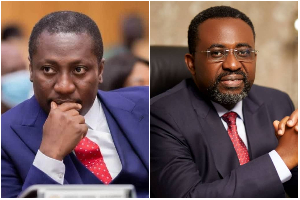
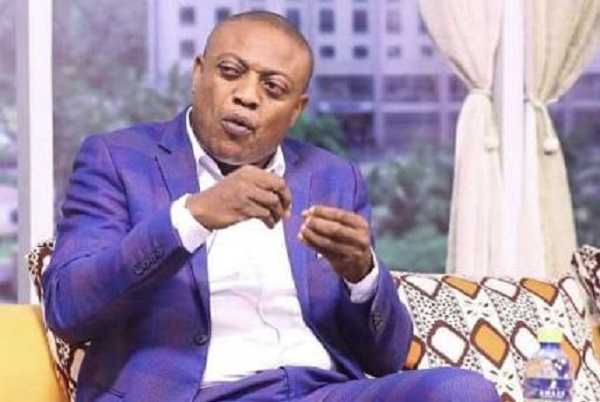
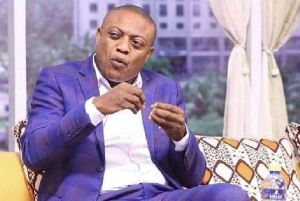
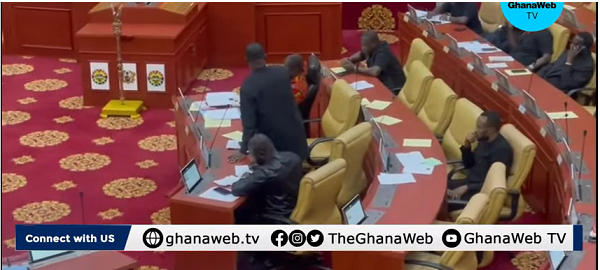
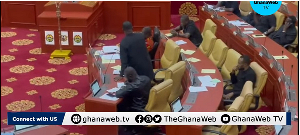


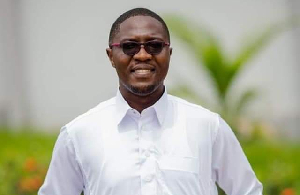
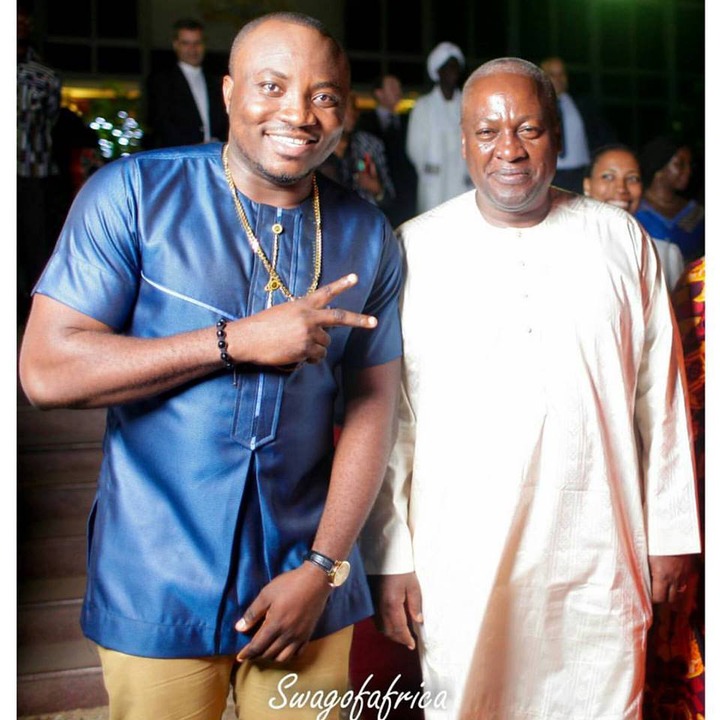
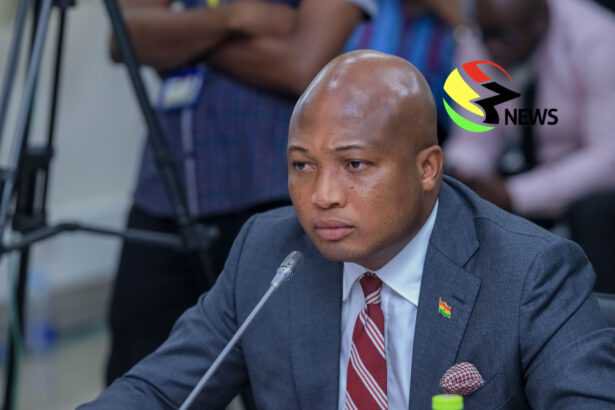


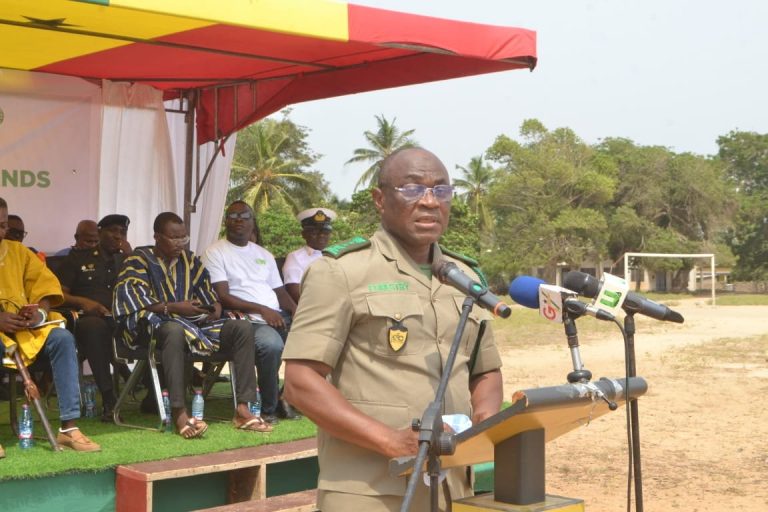
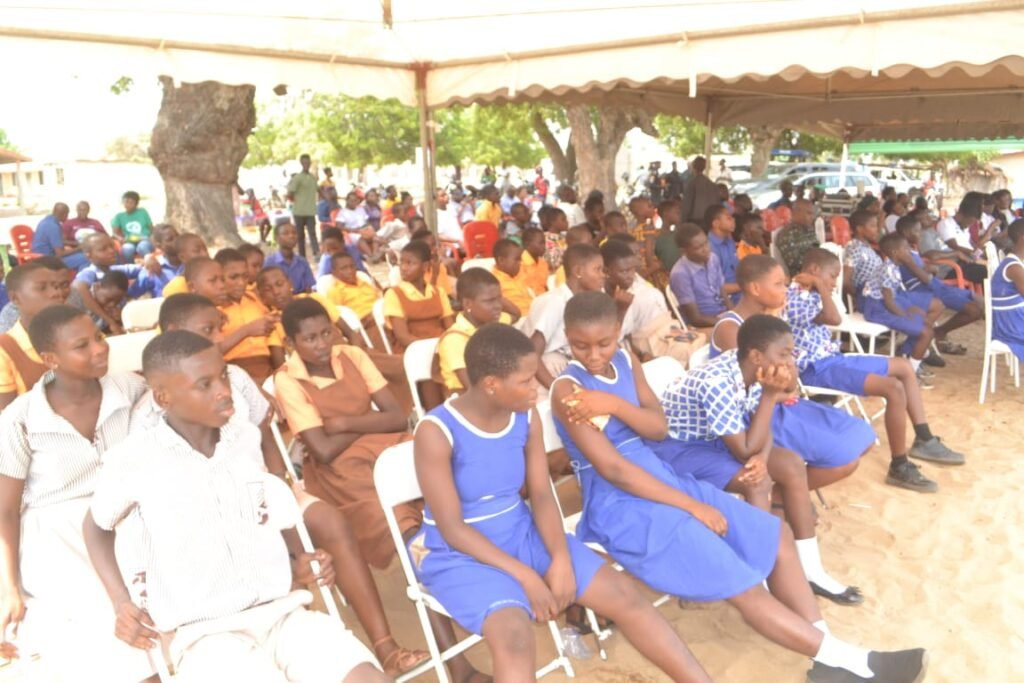
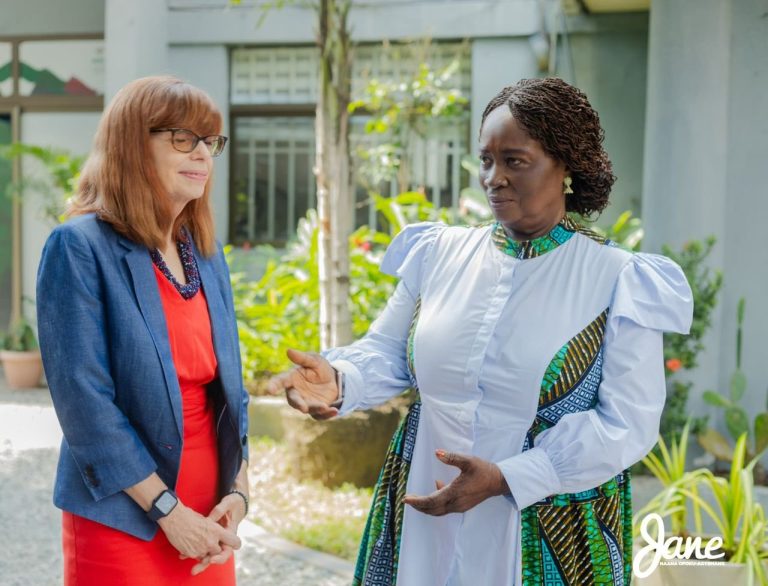

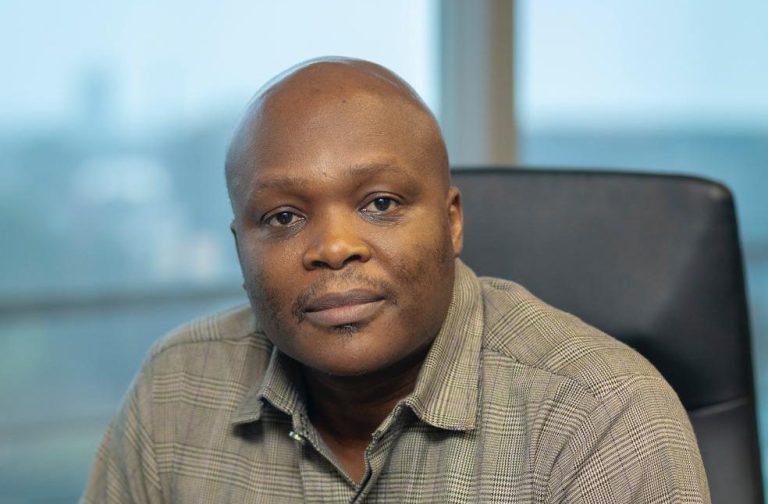

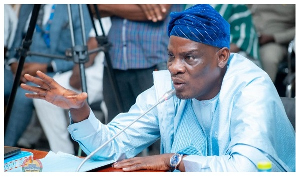
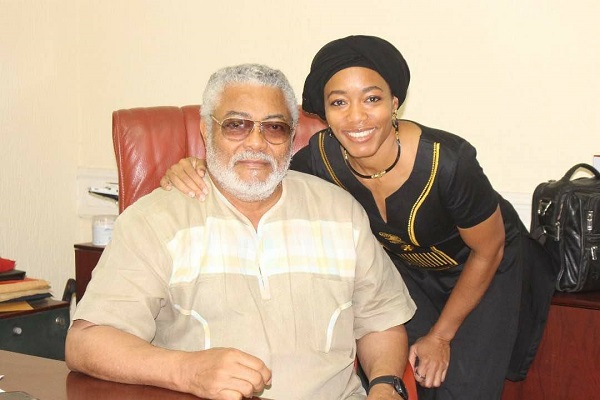
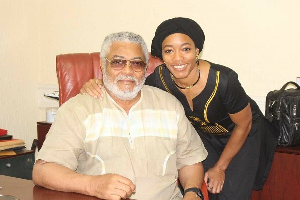




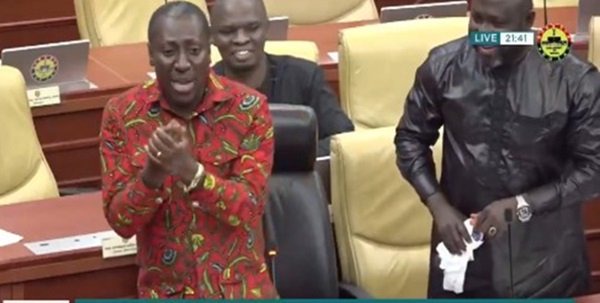

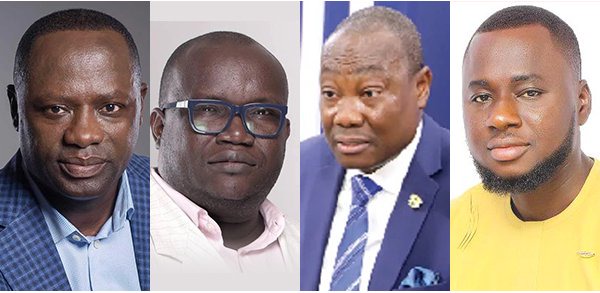
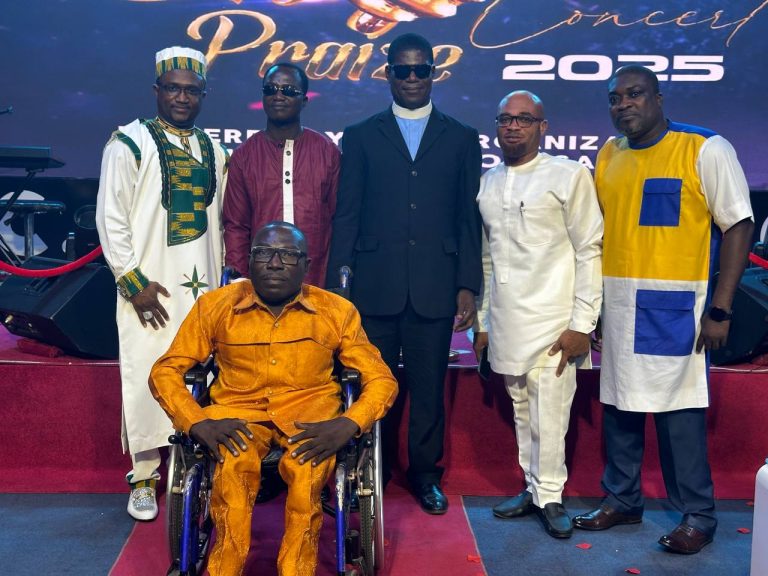
 The Special Guests of Honour for the night were Dr. Peter Obeng-Asamoa, the Executive Director of Ghana Blind Union and Mr. Alexander Tetteh, the Executive Director, of the Center for Employment for PWDs. Dr. Obeng-Asamoa expressed his excitement for APC and commended Bishop Dr Charles Cofie Hackman, founder and CEO of the H4P Organization for creating an incredible platform for PWDs in the Creative Arts and Entertainment industry.
The Special Guests of Honour for the night were Dr. Peter Obeng-Asamoa, the Executive Director of Ghana Blind Union and Mr. Alexander Tetteh, the Executive Director, of the Center for Employment for PWDs. Dr. Obeng-Asamoa expressed his excitement for APC and commended Bishop Dr Charles Cofie Hackman, founder and CEO of the H4P Organization for creating an incredible platform for PWDs in the Creative Arts and Entertainment industry.